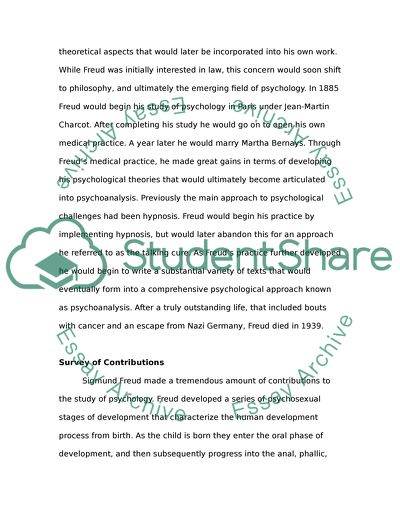Cite this document
(“20th-Century Genius Award Paper Essay Example | Topics and Well Written Essays - 1500 words”, n.d.)
Retrieved from https://studentshare.org/philosophy/1431378-20th-century-genius-award-paper
Retrieved from https://studentshare.org/philosophy/1431378-20th-century-genius-award-paper
(20th-Century Genius Award Paper Essay Example | Topics and Well Written Essays - 1500 Words)
https://studentshare.org/philosophy/1431378-20th-century-genius-award-paper.
https://studentshare.org/philosophy/1431378-20th-century-genius-award-paper.
“20th-Century Genius Award Paper Essay Example | Topics and Well Written Essays - 1500 Words”, n.d. https://studentshare.org/philosophy/1431378-20th-century-genius-award-paper.


